- Y.Sh
- Persian Tasty
- 1985 views
- 0 comments
Peanuts, also known as groundnuts, earthnuts, or goobers, are legumes of the pea family (Fabaceae). The peanut was introduced to the Old World tropics early on from tropical regions. Protein and fat are abundant in the seeds, making them nutritious food. Even though it has several common names, the peanut is not a nut. As with other legumes, the plant adds nitrogen to the soil using nitrogen-fixing bacteria and is thus particularly valuable as a soil-enriching crop.
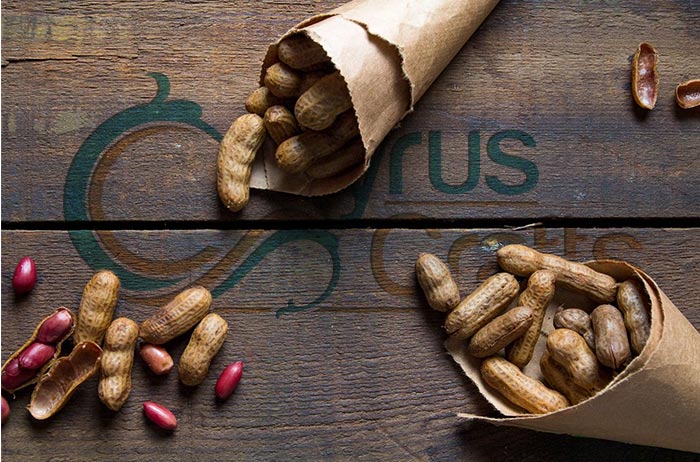
All About Peanuts
In Iran, Peanuts are eaten in large quantities. Also, they are consumed roasted or as peanut butter.
Other peanut products include peanut oil, flour, and protein. These goods are used in various foods, such as desserts, cakes, confectionery, snacks, and sauces.
Like other types of nuts, peanuts are rich in protein, fat, and various healthy nutrients. Studies show that peanuts may be helpful for weight loss and are linked to a reduced risk of heart disease.
This article tells you everything you need to know about peanuts.
The Health Benefits of Peanuts
Many believe peanut is less nutritionally valuable than nuts like almonds, walnuts, or cashews. The health benefits of peanuts are comparable to those of other nuts, so they should be considered healthy snack food. Peanuts are associated with several other health benefits. Include:
Peanuts' Weight Loss Effect
Peanuts have been widely studied for weight maintenance. Even though peanuts are high in fat and calories, they don't appear to cause weight gain. Observational studies have shown that peanut consumption may help maintain a healthy weight and reduce your risk of obesity.
Cyrus Crafts; Luxury & Unique Products
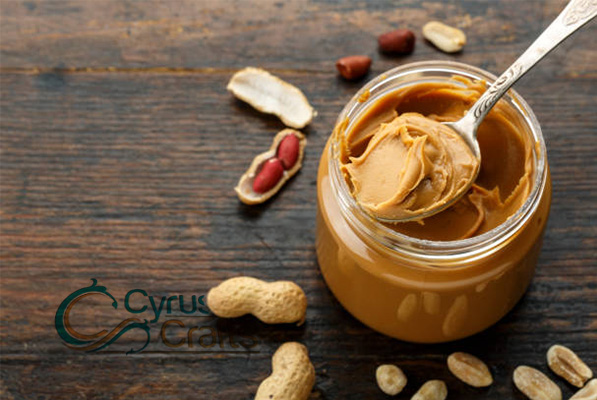
Various Factors Make Peanuts a Weight-Loss-Friendly Food
They reduce food intake, one of the benefits of anjeer, by promoting fullness to a greater extent than other typical snacks, such as rice cakes.
In response to increased peanut consumption, people eat fewer other foods because peanuts are filling.
When whole peanuts are not chewed well enough, some may pass through your digestive system without absorption.
The high protein and monounsaturated fat content in peanuts may increase calorie burning.
Peanuts are a source of insoluble dietary fiber linked to a reduced risk of weight gain.
Heart Health with Peanuts
Heart disease is one of the leading causes of death worldwide.
Observational studies indicate that eating peanuts and nuts may protect against heart disease. Notably, peanuts contain several heart-healthy nutrients. These include magnesium, niacin, copper, oleic acid, and multiple antioxidants, such as resveratrol.
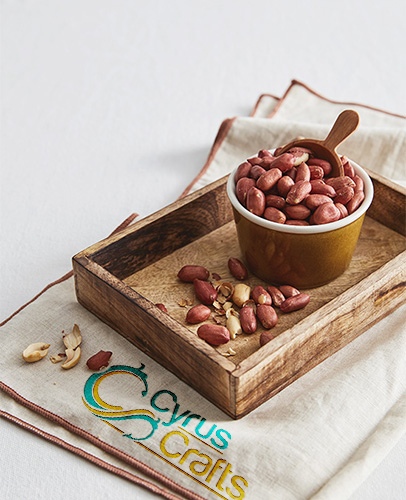
Gallstone Prevention with Peanuts
Gallstones affect approximately 10–25% of adults. Two observational studies suggest that frequent peanut consumption may cut the risk of gallstones in both men and women. As most gallstones are composed mainly of cholesterol, the cholesterol-lowering effect of peanuts may be the cause.
Nutrition facts about peanuts
Raw peanuts contain the following nutrition facts in 3.5 ounces (100 grams):
| INFORMATION | AMOUNT |
|---|---|
| Calories | 567 |
| Protein | 25.8g |
| Carbs | 16.1g |
| Sugar | 4.7g |
| Fiber | 8.5g |
| Fat | 49.2g |
| Omega-3 | 0g |
| Omega-6 | 15.56g |
Peanut Allergy
One of the most common causes of severe allergy attacks is peanut allergy. Those with peanut allergies can suffer severe or life-threatening reactions (anaphylaxis) even if they eat only a small amount of peanuts. Children are becoming more allergic to peanuts. Even if you or your child has had only a mild allergic reaction to peanuts, it's important to talk to your doctor. There is still a risk of a more severe future reaction. With A bit of preparation and prevention, you can find out whether you or your children are allergic to peanuts.
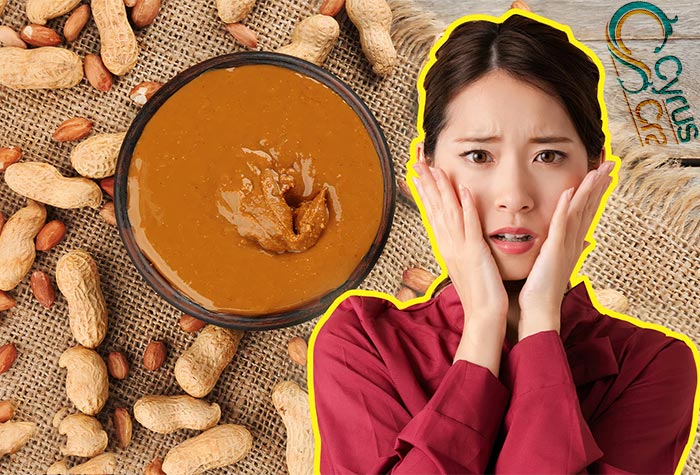
How to Use Peanuts
There are many ways to prepare peanuts, including raw, blanched, roasted, boiled, fried, powdered, and made into peanut butter. Eating them with their thin, papery skin is most nutritionally beneficial, as the skin contains many antioxidants and phytochemicals. Add more peanuts to your diet if you want to reap peanuts benefits.
- Here are some ways to use peanuts in a variety of dishes:
- Bake peanuts into cookies or pies.
- Make a peanut butter and banana sandwich.
- Add peanuts or peanut butter to hummus.
- Top your yogurt with peanuts.
- Toss peanuts in a salad.
- Add peanuts to your stir fry or noodles dish.
- Mix peanuts into a trail mix.
Peanuts are as popular as they are healthy. They're an excellent plant-based source of protein and are high in various vitamins, minerals, and plant compounds. They can be helpful as a part of a weight loss diet and may reduce your risk of heart disease and gallstones. However, being high in fat, this legume is a high-calorie food and should not be eaten excessively. At Cyruscrafts, you can buy healthy Iranian snacks at the best price.








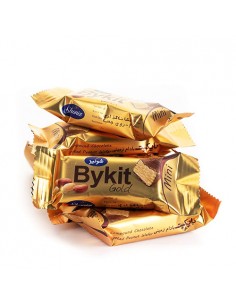

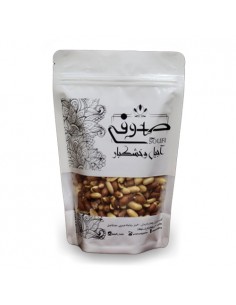

Comments (0)